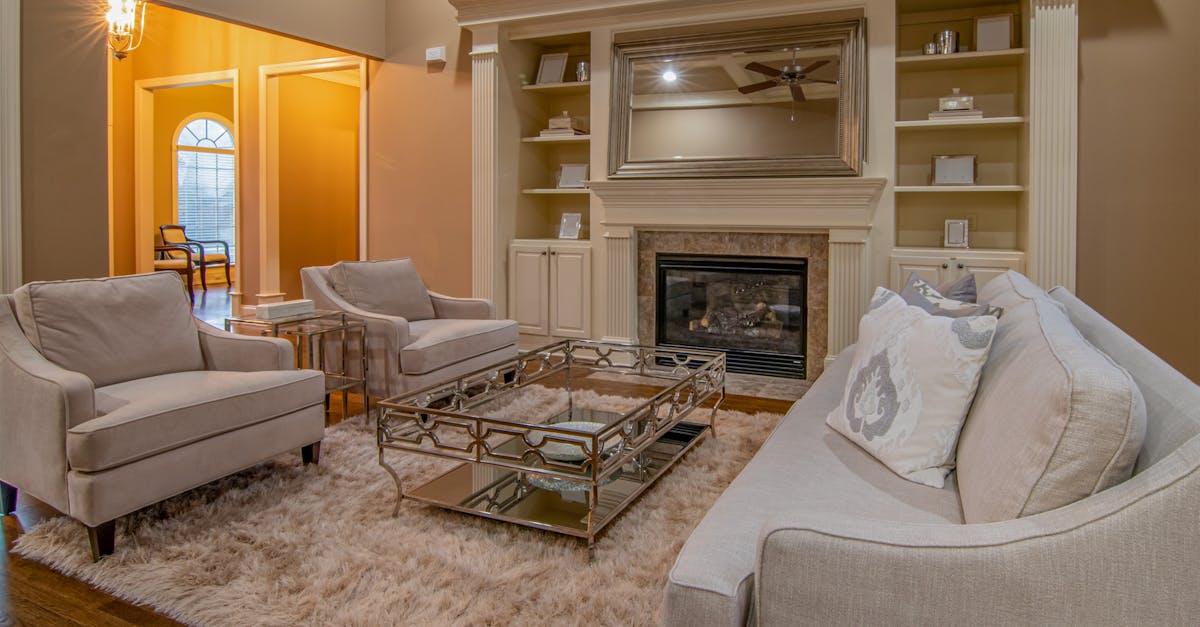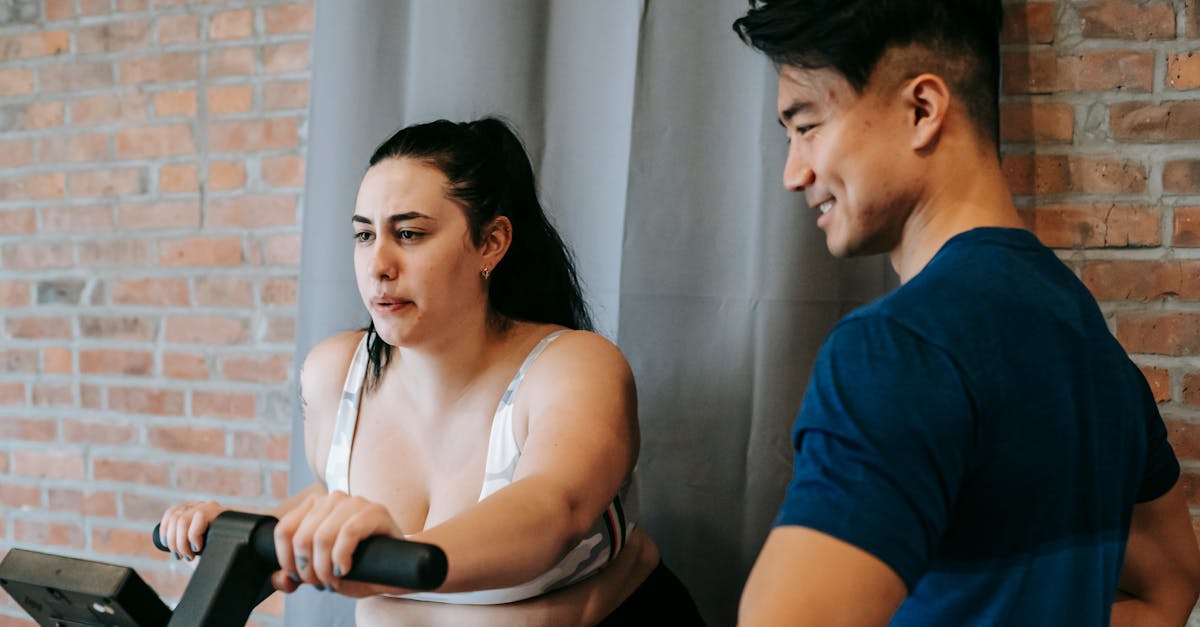Introduction: Hopping into Rabbit Housing
Hello, fellow bunny lovers! 🐰 Have you ever wondered about the best way to house your adorable, fluffy friend? I know I did when I first brought my pet rabbit home. It’s funny how we often think a simple cage will do, but there’s so much more to consider to ensure our furry friends are happy and healthy. Today, I’d like to share my journey and insights on choosing the right cage and accessories for your rabbit.
You might have experienced this too – the excitement of bringing a new pet home, only to realise you have a lot to learn about their needs. It’s common knowledge that rabbits require a specific living environment to thrive, but what exactly does that entail? Let’s hop right into it!
Setting Up the Perfect Rabbit Cage
Size Matters: Finding the Right Fit
One thing I’ve learned is that the size of your rabbit’s cage is crucial. Studies show that rabbits need ample space to move around, stretch, and play. From my point of view, a cage that’s too small can lead to a variety of health issues and behavioural problems.
So, what’s the ideal size? Picture this: a rabbit should have enough room to make at least three full hops from one end of the cage to the other. That’s roughly 6-8 feet in length. Height is also important; your rabbit should be able to stand on its hind legs without its ears touching the top of the cage.
Material and Build: Durability and Safety
I was struck by how many different materials cages can be made from. The thing is, not all materials are safe or suitable for rabbits. Wire-bottomed cages, for example, can cause sore hocks (painful sores on a rabbit’s feet). Instead, opt for a solid-bottom cage or one with a removable tray for easy cleaning.
I’ve come to realise that plastic cages with metal bars are often the best choice. They’re durable, easy to clean, and provide good ventilation. Ever wonder why ventilation is so important? Well, poor airflow can lead to respiratory issues for your rabbit.
Location, Location, Location
Choosing the right spot for your rabbit’s cage is just as important as the cage itself. I couldn’t help but notice that my rabbit was much happier when I moved the cage to a quieter part of the house. Rabbits are sensitive to loud noises and sudden movements, so a calm, stable environment is ideal.
Essential Accessories for a Happy Bunny
Bedding: Comfort and Hygiene
I’d never have guessed how picky rabbits can be about their bedding. The reality is, the right bedding can make a world of difference. I’ve always thought that hay was just for eating, but it turns out it makes excellent bedding too. It’s comfortable, absorbent, and safe if ingested.
Avoid cedar or pine shavings, as they can produce harmful fumes. Instead, consider paper-based bedding or aspen shavings. Not only are they safer, but they also do a great job of controlling odour.
Feeding and Watering: More Than Just Bowls
Feeding your rabbit might seem straightforward, but there are a few things to keep in mind. Studies show that rabbits need a balanced diet of hay, fresh vegetables, and pellets. But did you know that the type of bowl you use can impact their eating habits?
Heavy ceramic bowls are a great choice because they’re hard to tip over. For water, I’ve noticed that my rabbit prefers a water bottle over a bowl. It keeps the water cleaner and prevents spills. You might find this helpful if you’re tired of cleaning up after a messy bunny!
Toys and Enrichment: Keeping Your Rabbit Engaged
It’s no surprise that rabbits are intelligent and curious creatures. I’ve often thought about how to keep my rabbit entertained and mentally stimulated. Toys are a fantastic way to do this.
From my experience, rabbits love chew toys, tunnels, and interactive toys like treat balls. These not only keep them busy but also help wear down their constantly growing teeth. I can’t help but think that a well-entertained rabbit is a happy rabbit.
Creating a Safe and Stimulating Environment
Exercise: The Importance of Free-Roaming Time
One thing I’ve learned is that rabbits need plenty of exercise. While a spacious cage is important, it’s not enough on its own. Rabbits should have several hours of free-roaming time each day.
I’ve been there, worrying about my rabbit chewing on furniture or wires. The key is to rabbit-proof your home. Cover wires, remove toxic plants, and block off any dangerous areas. It hit me that with a little preparation, your home can be a safe playground for your bunny.
Social Interaction: Bonding with Your Bunny
I’ve often wondered about the best way to bond with my rabbit. The thing is, rabbits are social animals and thrive on interaction. Spend time sitting with your rabbit, gently petting them, and offering treats.
Looking back, I realise that patience is key. Building trust takes time, but it’s worth it. I’ve noticed that my rabbit is much more affectionate and confident now that we’ve established a bond.
Health and Hygiene: Regular Care Routines
Keeping your rabbit healthy involves more than just a proper diet and exercise. Regular grooming is essential, especially for long-haired breeds. Brush your rabbit at least once a week to prevent matting and hairballs.
I’ve come to realise that nail trimming is also important. Overgrown nails can cause discomfort and even lead to injuries. If you’re unsure how to trim your rabbit’s nails, your vet can show you the proper technique.
Troubleshooting Common Rabbit Housing Issues
Chewing and Digging: Managing Natural Behaviours
It’s common knowledge that rabbits love to chew and dig. While these behaviours are natural, they can be problematic in a home environment. I’ve often thought about how to manage this without stifling my rabbit’s instincts.
One solution is to provide plenty of chew toys and a designated digging box. Fill a box with shredded paper or hay and let your rabbit dig to their heart’s content. It goes to show that sometimes, redirecting a behaviour is more effective than trying to stop it.
Litter Training: Yes, It’s Possible!
You’d be surprised, but rabbits can be litter trained! I’ve always thought this was a myth until I tried it myself. The key is to start with a small, confined area and gradually increase the space as your rabbit gets the hang of it.
Place a litter box in the corner of the cage and fill it with a safe, rabbit-friendly litter. I’ve noticed that rabbits naturally choose a corner to do their business, so this makes the process easier. With patience and consistency, your rabbit will soon be using the litter box like a pro.
Dealing with Odour: Keeping Things Fresh
One challenge I faced was keeping my rabbit’s cage odour-free. The reality is, a clean cage is crucial for both your rabbit’s health and your comfort. Clean the cage thoroughly once a week and spot clean daily.
Using an odour-neutralising spray can also help keep things fresh. Just make sure it’s safe for pets. I’ve noticed that a clean cage not only smells better but also keeps my rabbit happier and healthier.
Final Thoughts: Creating a Bunny Paradise
As I see it, providing the right housing and accessories for your rabbit is a labour of love. It might seem overwhelming at first, but with a little research and effort, you can create a safe, comfortable, and stimulating environment for your furry friend.
I can’t forget the joy I felt when I saw my rabbit happily exploring their new, well-equipped home. It’s funny how something as simple as a well-chosen cage and a few accessories can make such a big difference.
So, take the time to choose the right cage, provide essential accessories, and create a safe and engaging environment for your rabbit. Your bunny will thank you with endless cuddles and happy hops.
Now you know the ins and outs of rabbit housing, it’s time to put this knowledge into action. Happy bunny keeping! 🐇









